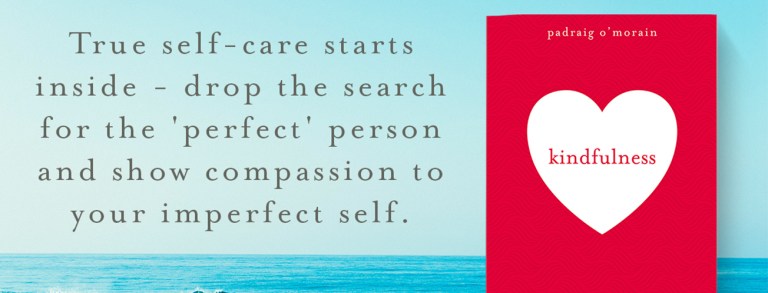Boys Don’t Cry : Why Men Need To Talk About Mental Health

Meet Tim.
For nearly a decade he kept his depression secret. It made him feel so weak and shameful he thought it would destroy his whole life if anyone found out.
And Tim is not alone. Suicide is the single biggest killer of men aged 20-45 in the UK. Depression and undiagnosed mental illness are huge contributors to these deaths as they’re often more difficult to diagnose in men. And those men don’t tend to talk about the typical symptoms or visit their doctor.
This is Tim’s story, but it could be someone you know.
‘I was around twenty-four/twenty-five, can’t exactly remember when, but something changed completely in me, I just woke up different. I didn’t want to hang around with my mates any more, I didn’t want to do things I loved doing like playing football and seeing friends. I just thought, “I’m tired and I just need to deal with it myself.”
I was back at my mum and dad’s, heartbroken and with no idea of what direction to go in terms of a career. Things weren’t going as easily as I thought they might. I had to get out of my parents’ house and live with friends and get in the mix. It seemed like a solution but really I was just taking myself out of one situation and putting myself into another with no real purpose or direction.
They were in the same boat as me and their future was as insecure as mine, but they were able to park the anxiety and I wasn’t. It started to creep from the back into the forefront of my mind and, the truth is, I was extremely vulnerable to depression at this time and my lifestyle probably pushed me right into the deep end of it. On the other hand, it may have happened to me even if I’d lived like a monk, who knows? Looking back now, though, this is when the depression slowly started to creep in.
It wasn’t just my lack of knowledge about the illness that was stopping me from speaking up, it was the thought that everyone would think that I was a wimp. ‘Get on with it’, ‘life is hard’ – I didn’t want the stigma of being someone who couldn’t cope. I didn’t want people to laugh behind my back. People around me only ever spoke of positive things, me included. I acted like I was at the top of my game. Years later, when I finally told a mate about how I had been feeling, he said, ‘I thought you were the one who had it together more than any of us.’ Just proves how much of an act I was putting on at that stage of my life.
Everyone should know what to look out for – we should be taught about it in school, like First Aid for the brain. We need to seek out the sufferers – not just rely on them to make the first move.’
Learn more about Tim’s experiences in his book, Boys Don’t Cry, or you can hear him talking to Suman Gupta and Jonny Benjamin at Waterstones Tottenham Court Road next week.











